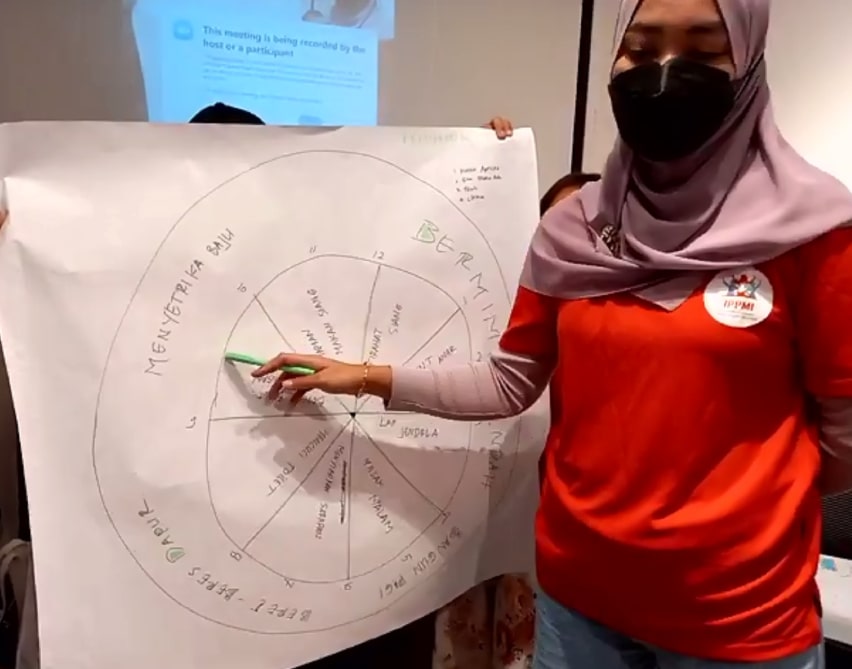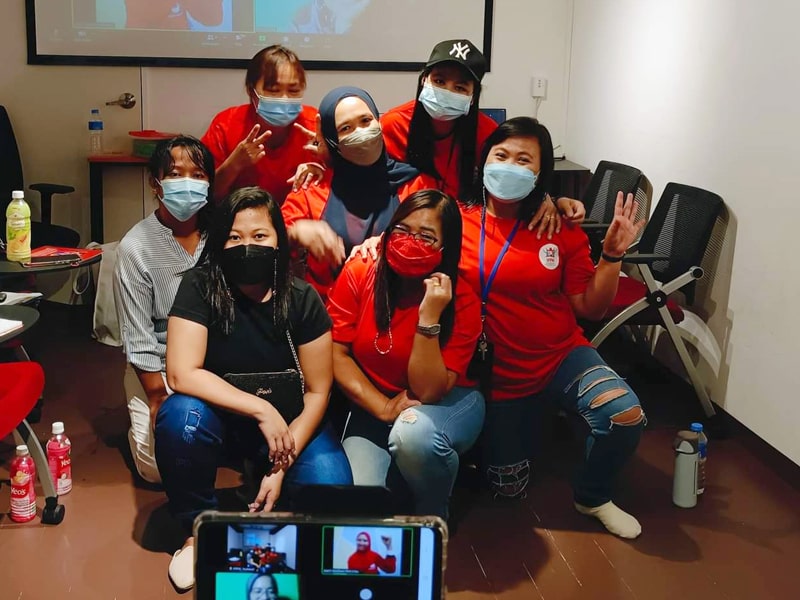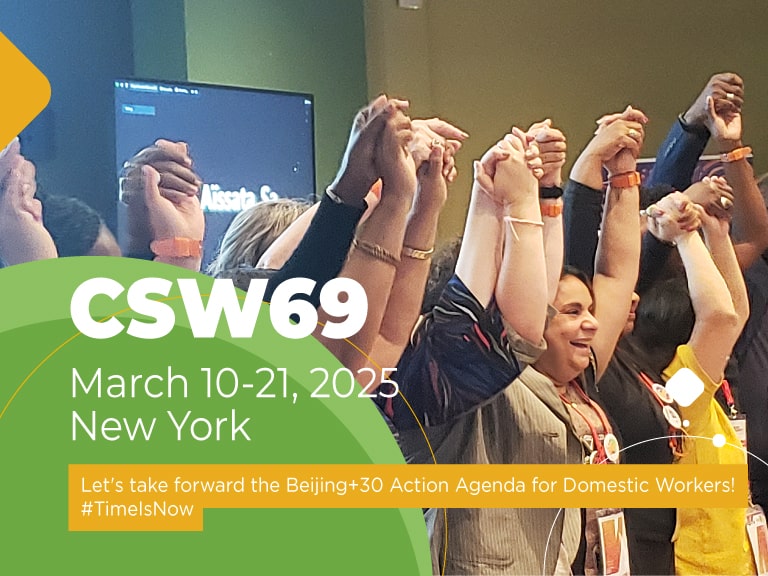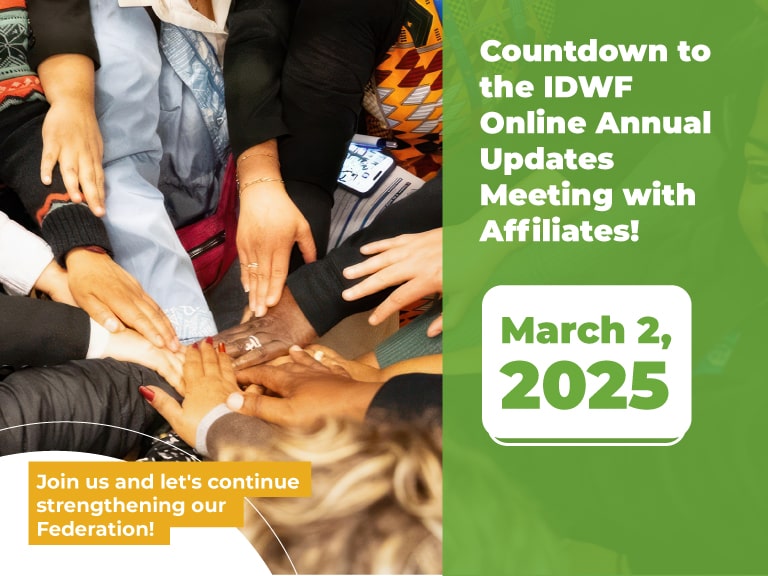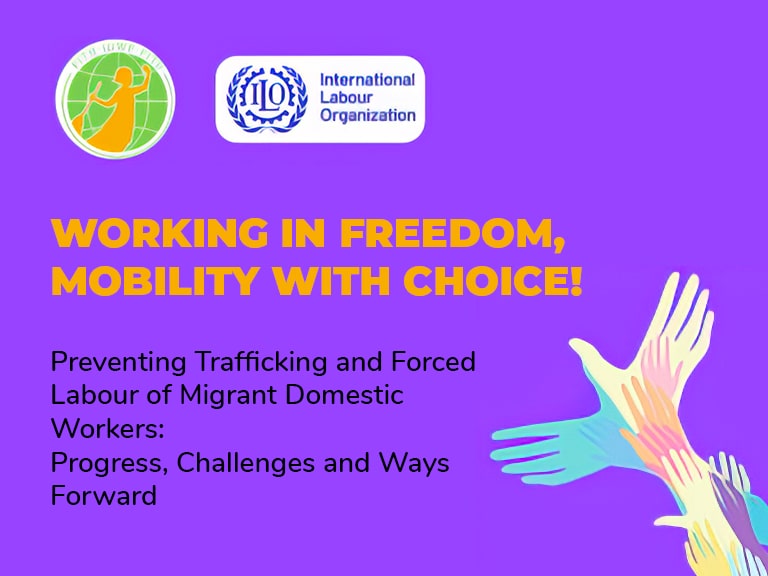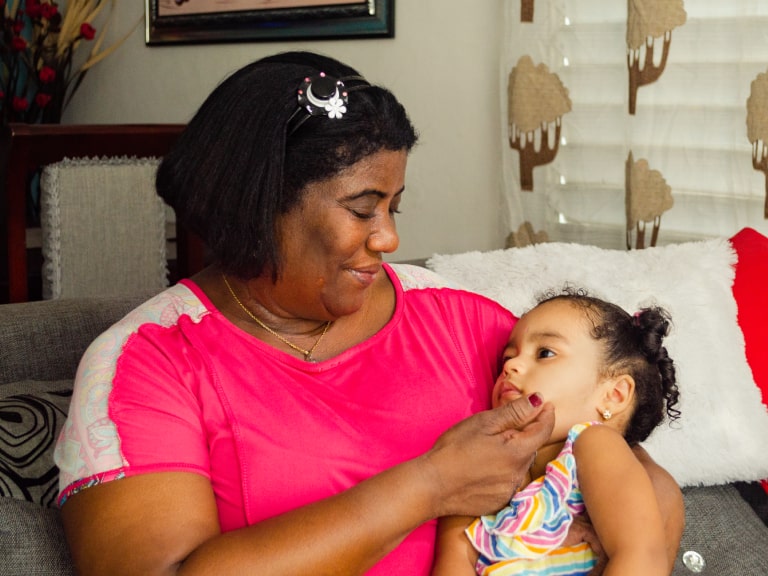- This event has passed.
Indonesian Migrant Domestic Workers Conducted a Training in Organizing
On Sunday, 27 March, 2022, Persaudaraan Pekerja Migran Indonesia (IPPMI) in Singapore organized the 1st training in organizing supported by International Domestic Workers Federation. IPPMI Singapore was established in March 2021, amid the pandemic, with the aims of organizing MDWs and building a safe space for them to gather, exchange ideas and learn together in Singapore.
Details
Singapore –
Singapore is well-known as the destination of 24600 MDWs (referring to MoM Statistic in 2021) from different countries, mostly from the neighbouring countries such as Indonesia and the Philippines. Domestic work is one of the most vulnerable sectors in Singapore as it lacks legal protection compared to work in other sectors. Since 2013, Ministry of Manpower of Singapore has put the mandate of weekly rest day to ensure domestic workers have enough physical and mental rest. In fact, many of them are still living with inadequate rest and accommodation, work overload, no working hours, salary deduction, and vulnerability to abuse and harassment. The restriction from building a labour union for MDWs has led to greater injustice towards MDWs.
The training was conducted in a hybrid (a combination of online and offline meetings) and attended by 8 domestic worker leaders in Singapore (in-person meeting). Meanwhile, 4 leaders from Indonesian MDWs Association (PERTIMIG) in Malaysia participated via zoom meeting. The training aimed to build the capacity of leaders to be able to identify problems at the workplace, to understand the importance of organizing MDWs, and to strengthen leaders’ capacity in reaching out to more MDWs. The session was opened by Novia, the coordinator of IPPMI, and Fish Ip, the regional coordinator of IDWF for Asia Pacific. This session encouraged and brought DWs’ stories collectively.
Bunga (pseudonym), shared her story when she decided to migrate to Singapore as a domestic worker.
“In the past, I had good financial stability when my husband was working in Kalimatan. He was in a good position at his company at that moment. But, a few years ago he passed away and I had to take care of my children alone. No one helped me. I felt there was nothing I could do because looking for a job in my country was so difficult. Meanwhile, as time went by, my children grew up and needed to go to school. So, I decided to work in Singapore.”
She cried as she ended her story.
The session also gave space for DWs, such as Lili (pseudonym), to reflect on their story at the workplace. She wakes up at 5.00 am in the morning every day and prepares breakfast usually until 8 am. Next, her work is followed by cleaning the toilet, the house, all rooms, and it ends with preparing lunch at 12 at noon. She takes a rest for an hour. Then, she goes to fetch her employer’s son, cleans the house and windows, prepares dinner. Finally, she ends the day by doing kitchen chores and ironing clothes until 10.30 pm. Lili’s experienced is not alone, most domestic workers must be on standby for 24 hours and 30 days a month.
In-between the session, Binti, a PERTIMIG leader shared her personal experience in organizing Indonesian MDWs in Malaysia. The session was concluded with a “mock-up” and a follow up plan for reaching out. At the end of the session, a leader of IPPMI said that she was happy to have joined the session and understood the situation of MDWs better. She wanted to strengthen IPPMI in the future by recruiting more DWs to join IPPMI.
